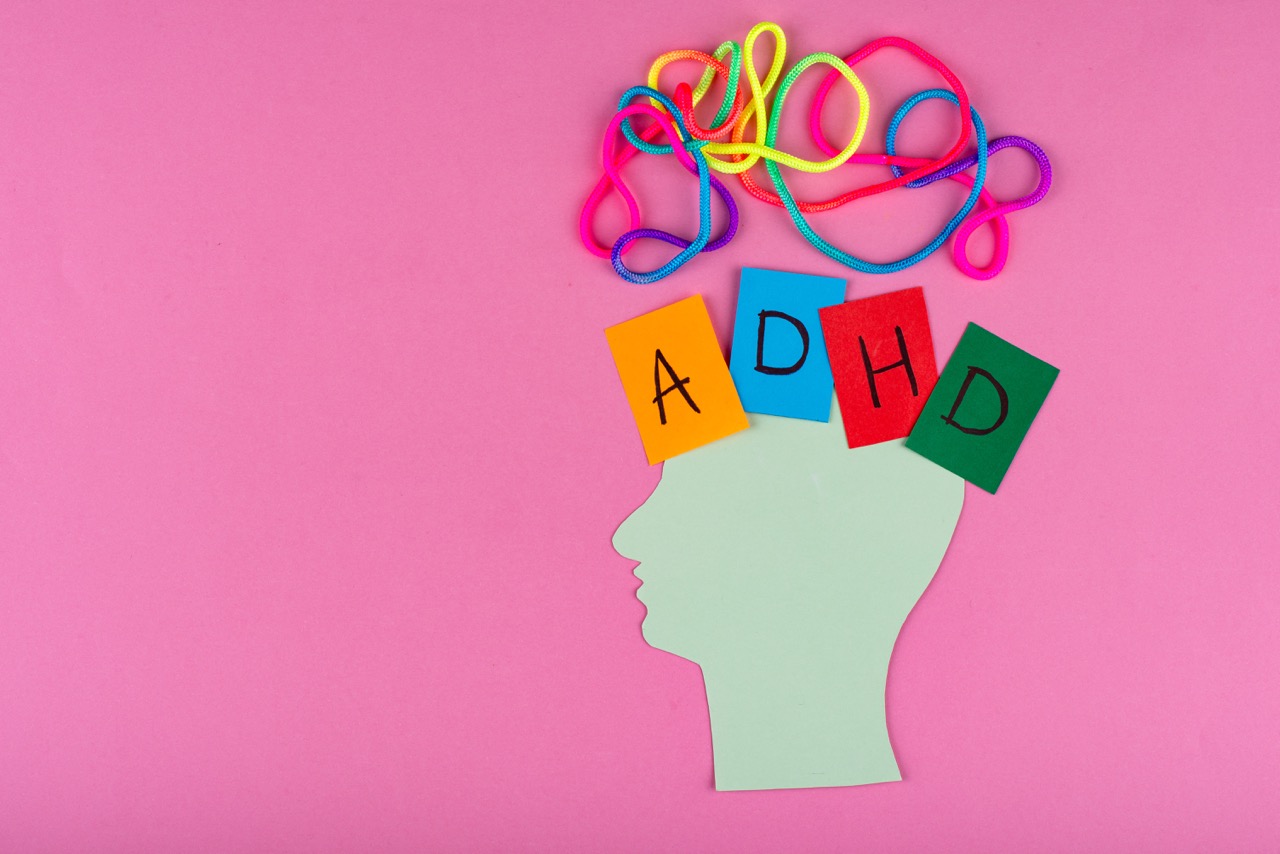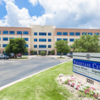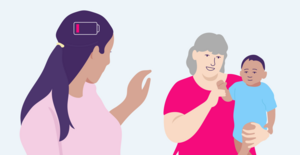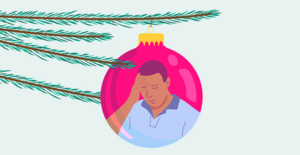Finding the right support for managing ADHD (Attention Deficit Hyperactivity Disorder) is a transformative step toward improving quality of life. As a neurodevelopmental disorder, ADHD affects individuals in various ways, influencing attention, impulse control, and activity levels. This diversity in experiences means that effective treatment often requires a tailored approach, making the choice of therapist crucial. Read on to explore how to find ADHD therapists near you, highlighting the importance of specialized care and the different types of therapeutic interventions available to help individuals navigate the challenges associated with ADHD.
What is ADHD?
ADHD, or Attention Deficit Hyperactivity Disorder, is a prevalent medical condition that affects both children and adults and is characterized by difficulties in maintaining focus, heightened levels of hyperactivity, and impulsive behaviors. Psychiatry.org explains that individuals with ADHD may find it challenging to concentrate on tasks, follow through on instructions, or sit still for extended periods, leading to struggles in academic, professional, and social settings. The symptoms can vary widely among individuals, with some experiencing more pronounced hyperactivity while others may primarily face issues with attention and impulse control.












